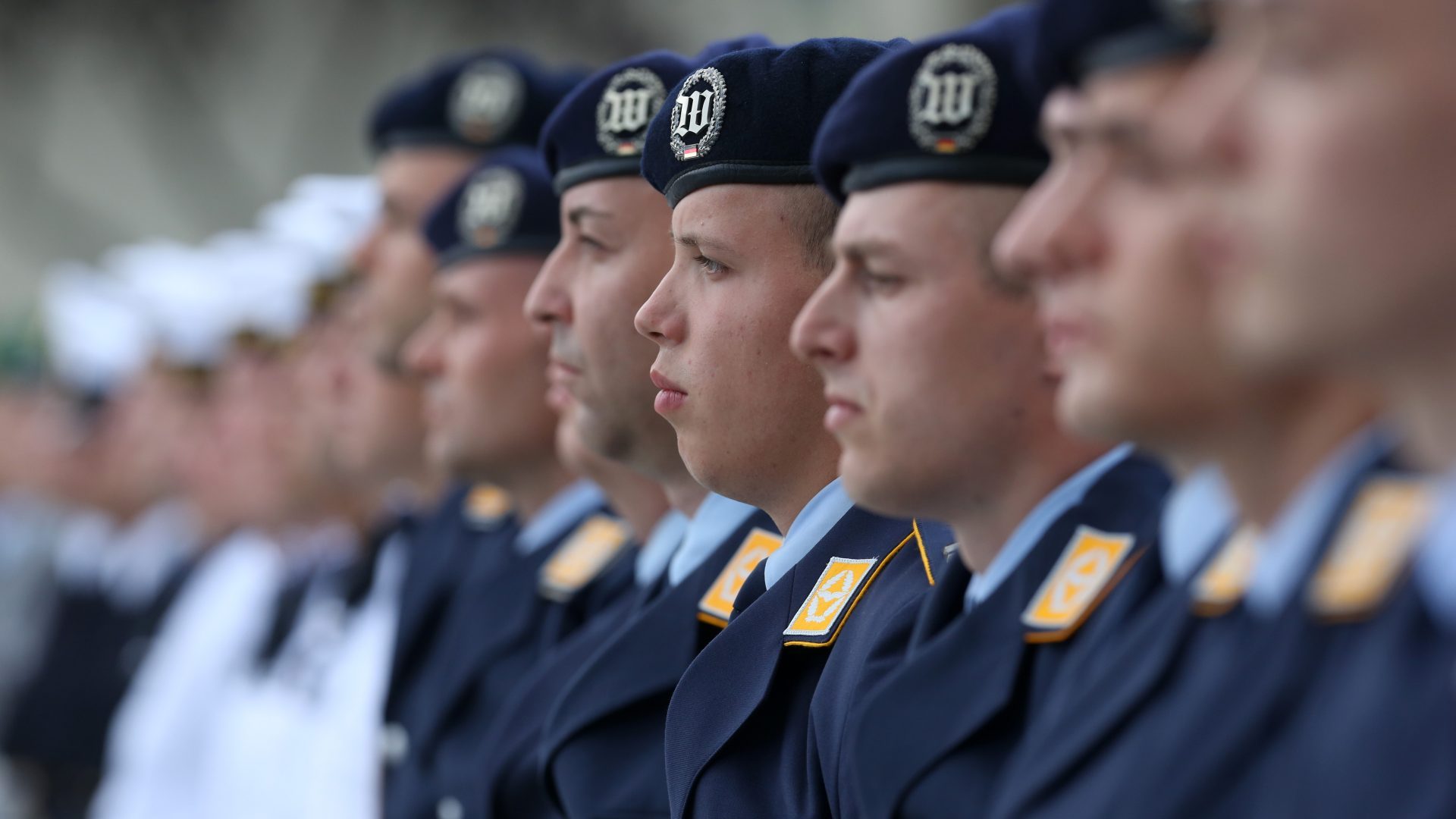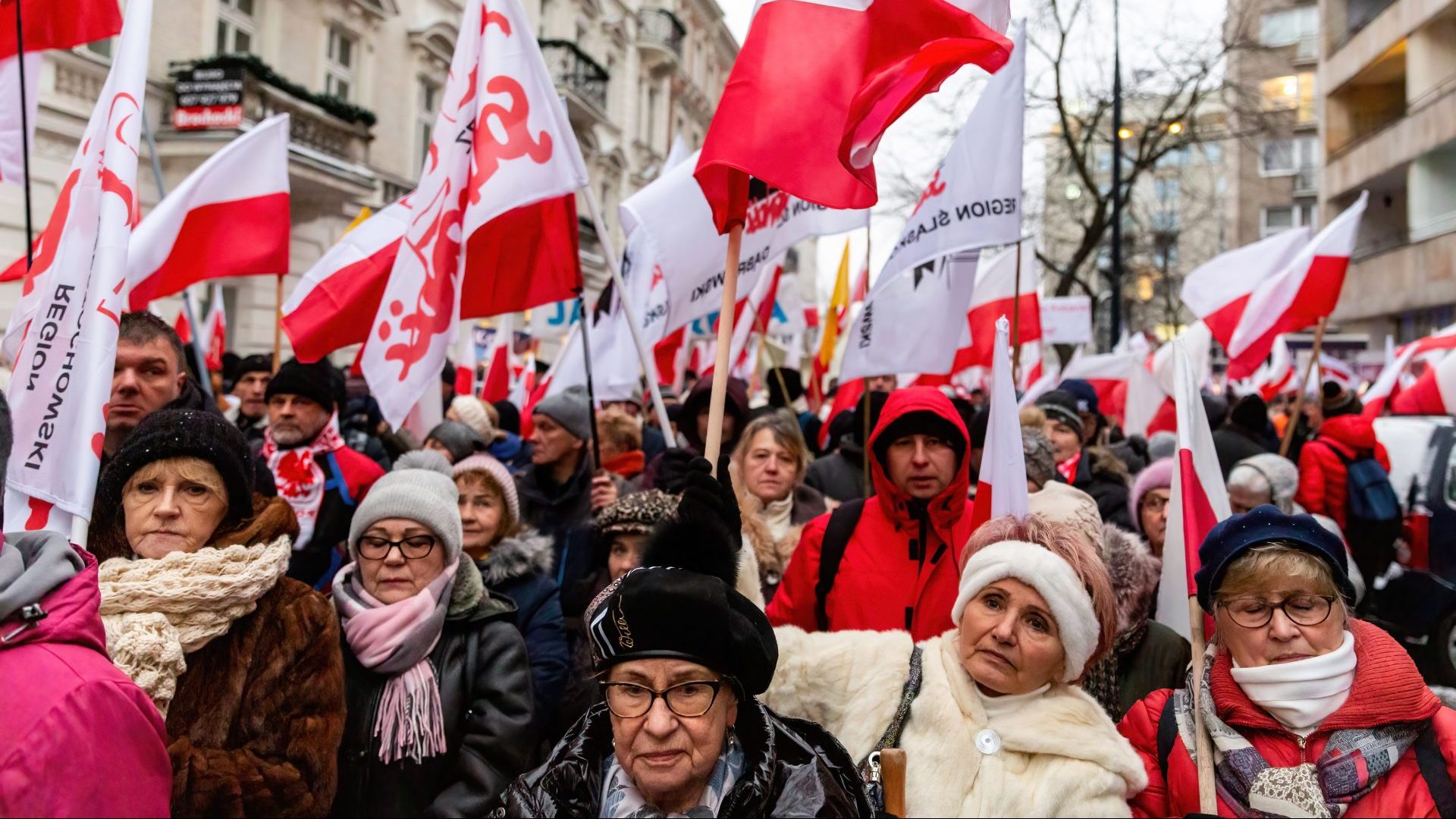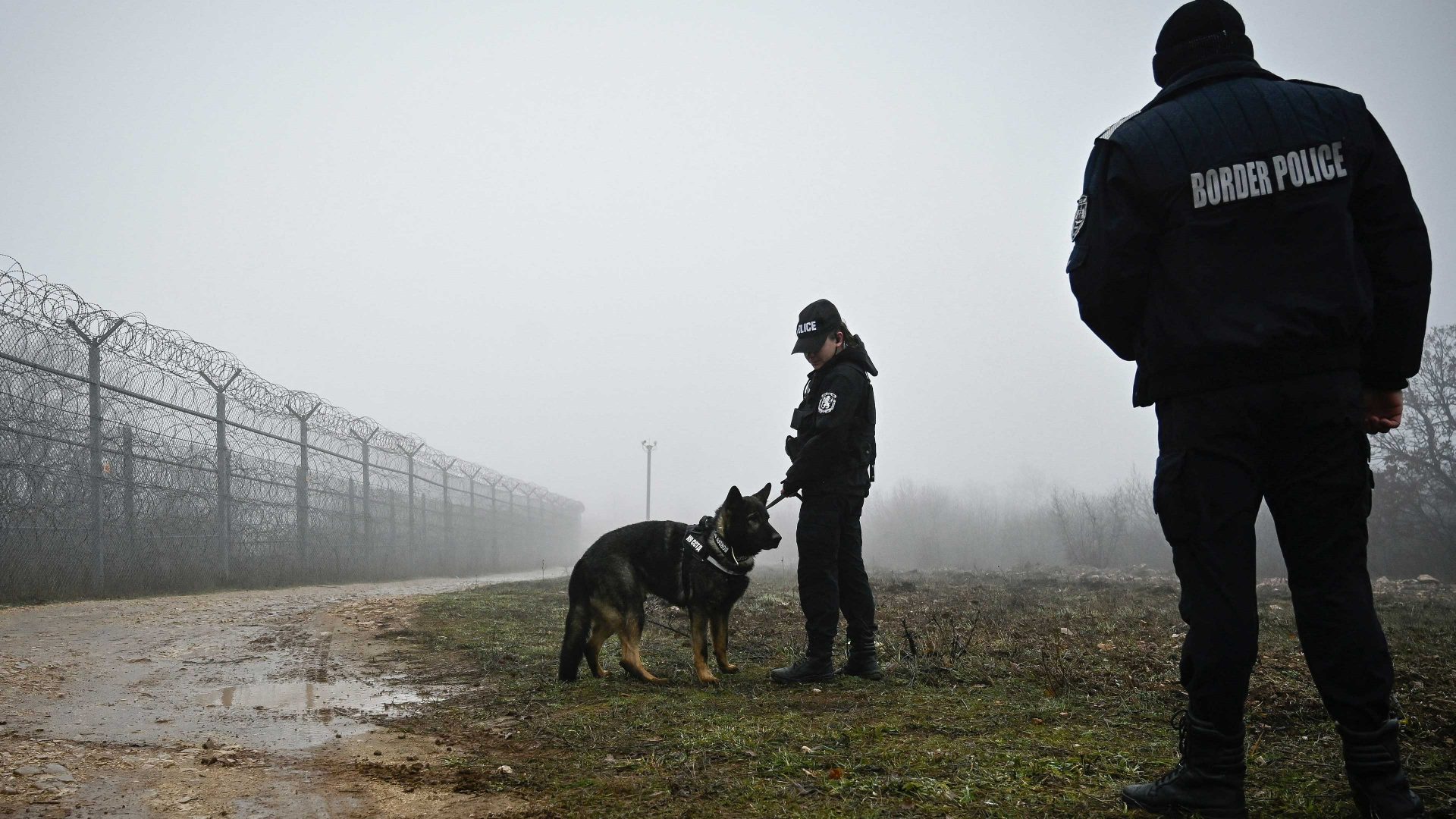It’s a funny thing, but whenever I think of the Bundeswehr (German armed forces) I imagine I can smell sausages grilling on a huge barbecue.
That’s because my only contact with soldiers since I’ve lived here was at the annual office summer party. The reservist army chefs were friendly enough, even when I pointed out that the potato salad – offered as the only vegetarian dish – was full of chopped-up ham.
At this time of year, the Bundeswehr is busy shoring up waterlogged homes with sandbags, helicoptering supplies to marooned villagers and performing flood rescue operations. They appear every day on the TV news, and are widely seen as heroes. What better time to launch a new campaign to bring back National Service (Wehrpflicht) – the compulsory year of on-the-job military training for all male 18-year-olds?
Young men who refused could replace their military duty with voluntary social work. For example, my friend’s son Samir worked as a classroom assistant for a teenage pupil with Motor Neurone Disease. And when school was out, he was a carer in an old folks’ home.
Compulsory military service was abolished by Angela Merkel’s government in 2011. Politicians argued then that Germany needed professional armed forces, not conscripts.
Now, in 2024, there’s a general lack of skilled young people because of the ageing population. Recruitment to the armed forces has dropped by 11%, with more than 18,000 vacant positions.
The defence minister, Boris Pistorius, aims to reverse this trend. Glossy recruitment adverts on YouTube boast that the military offers training for more than 1,000 different careers, in or out of uniform. “Do something that really counts”, says the slogan, with videos of female, black and brown soldiers in action. They’re mostly not soldiering, but working in medical roles or yomping through woodland.
This has prompted a counter-campaign by the Berlin-based “Peng!” collective. Their spoof slogan is: “We also accept arseholes”, and they denounce what they see as the prevalence of post-traumatic stress, bullying, right wing extremism and sexual harassment in the Bundeswehr. Peng! suggests that the government should concentrate on alternative careers that really do count such as kindergarten teaching or working with refugees.
But the debate is far more nuanced than simply pro- or anti-war. It’s embarrassing for the German government that they are supplying tanks and other munitions to help Ukraine defeat Russia, but that they themselves have a shortage of fighter jets, Marder tanks and ammo.
The 2023 annual report to parliament on the state of military readiness complains that German troops serving on a Nato exercise in Latvia were laughed at by other nations because they did not know how to operate standard-issue radio equipment. It cites shortages of basic kit such as uniforms, ammunition and communications equipment as well as dilapidated barracks. No doubt all this is quite off-putting for young people who may be considering joining up.
Faced with this image problem, the chair of the parliamentary defence committee, Marie-Agnes Strack-Zimmermann, has ruled out the idea of bringing back conscription. Ironically, she says it would be practically impossible, precisely because of the shortages of staff, buildings and equipment.
“We haven’t got the barracks, we don’t have enough staff to carry out the training and we’ve long since phased out the additional resources we would need in order to bring back compulsory national service,” she said in a radio interview in December. That sounds like a pragmatic approach, or what the Germans call Realpolitik.
War has practical consequences, even if Germany does not join in. The Tesla factory outside Berlin is closing down for two weeks because Houthi missiles have made the Red Sea supply route for car parts too dangerous for container ships. Vladimir Putin’s invasion of Ukraine has sent our heating bills soaring, because we are boycotting cheap oil and gas from Russia.With Kiyv only a two-hour flight from Berlin and the Bundeswehr in its current parlous state, we have to hope that German politicians can find a workable alternative to conscription.
Perhaps they could follow Churchill, who famously remarked “It is better to jaw-jaw than to war war,” and focus their efforts on diplomacy.
More likely, though, they will manage somehow by durchwursteln – literally they will sausage their way through.



